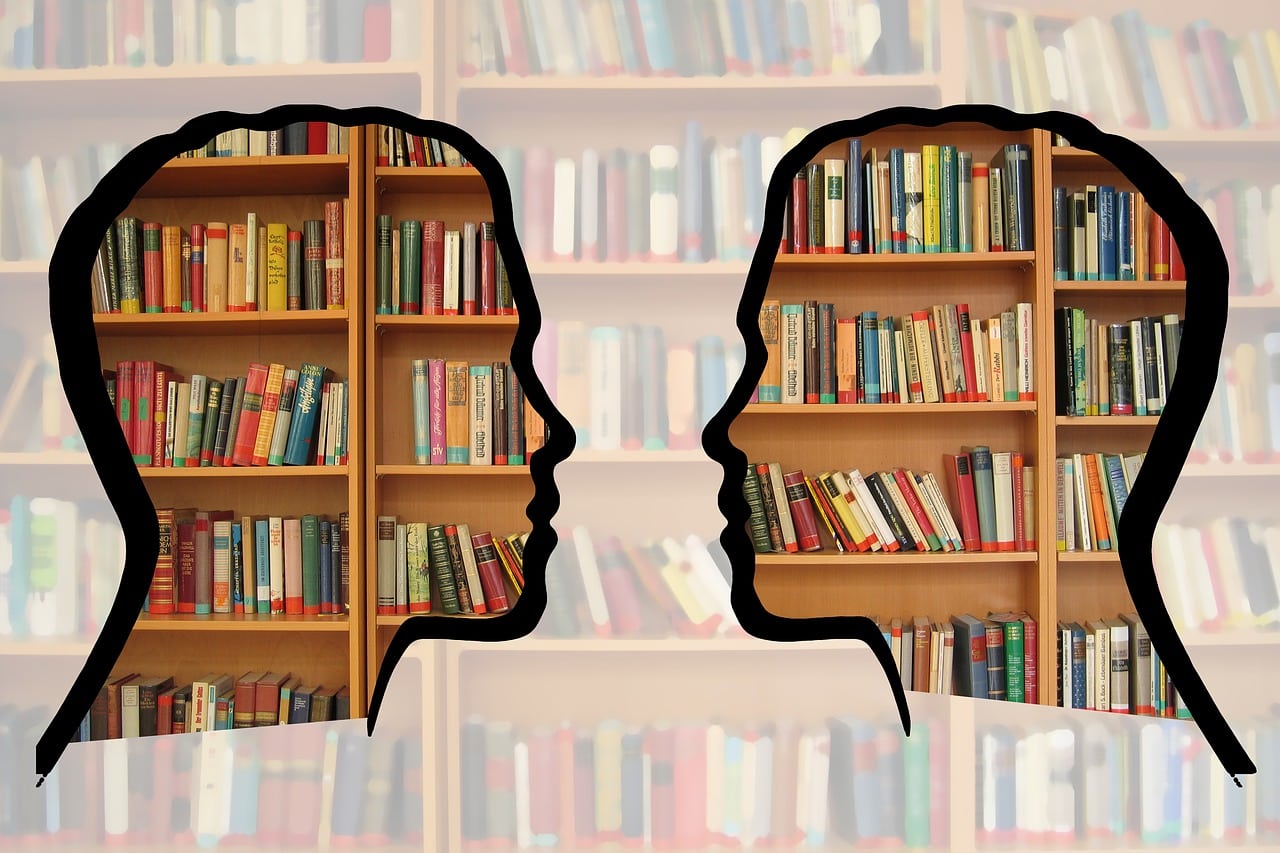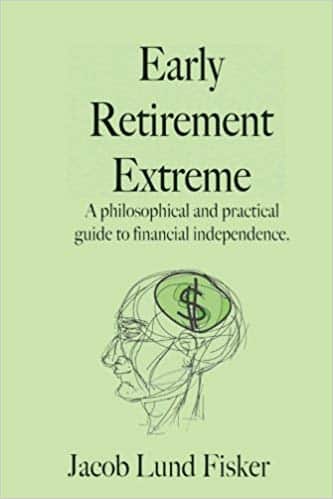Today we have for you 8 of the best books for millennials should read in their 20s in order to get ahead and jumpstart their finances and career. Whereas Generation X strived to create a right work/life balance, Generation Y is much more interested in work/life integration.
The crux of it is that they value an employer brand just as much as a consumer brand. The integration of work and whatever else happens outside of the workplace spills over into how Millennials perceive their relationship with money.
The type of stuff they’re reading indicates an increasing interest in commerce lubricated by conscience. With that in mind, here are some of our top recommended books for Millennials.
Best Books for Millennials To Read In Your 20s
Evidence shows that Millennials are indeed avid readers, but they read differently. They’re adept at searching online for information they need, and scanning for answers in what they find. However, the benefits of reading every day cannot be forgotten. Here’s a list of some of the best books for millennials – financial planning with a message.
1. Strengths Finder 2.0, by Tom Rath (2007)
First on this list of best books for millennials is by Tom Rath! Tom is also the author of Wellbeing: The Five Essential Elements.
The book answers the question: Do you have the opportunity to do what you do best every day?
It’s about switching the focus from working on overcoming your weaknesses into identifying and focusing on building your strengths and talents.
The Strengths Finder 2.0 assessment tool helps you identify 34 themes and ideas for action – from Achiever to Woo (winning others over) – which show that, although you cannot be anything you want to be, you can be a lot more of who you already are.
2. Willing Wisdom, by Thomas William Deans (2013)
“Money never waffles or equivocates. If you have it, the question is, do you control it, or does it control you? The answer lies in our engagement with others in our life.”
This book for Millennials offers a persuasive argument, especially to young millennials, on the theme of succession and legacy planning: Why can’t we discuss money and share our ideas with the people we love when times are good, and death seems so distant and abstract?
A very valid question that you can learn the answer to by reading this valued book. If you are seeking a mental shift in how you perceive this concept, this book for millennials is well worth reading.
 3. Wellbeing Economy: success in a world without growth, by Lorenzo Fioramunti (2017)
3. Wellbeing Economy: success in a world without growth, by Lorenzo Fioramunti (2017)
“The world is full. There is no empty space to dispose of our waste or to store greenhouse gas emissions. The end of growth is not the outcome of a temporary crisis. It is the result of having reached systemic thresholds.”
The IMF says the world may have entered a ‘secular stagnation’.
Encompassing business, politics, and society, the author presents a manifesto for breaking free from the growth mantra to build a better society based on a wellbeing economy, which would have a positive impact on everything we do.
4. How Much is Enough, by Andrew Bradley, Arun Abey and Andrew Ford (2015)


Subtitled “maximizing wealth and well-being”, this book for Millennials describes three pillars which underpin the Bridge of Well-being.
These pillars provide a sense of control and confidence to lead the reader from ‘your life now’ to ‘your future potential’.
The language is not new but the simple explanations of how money and happiness intersect forces the reader to reinterpret the relationship between money and happiness.
5. Halftime: moving from success to significance, by Bob Buford (1994, 2008)
Buford’s revised book poses a vital question: What’s the point?
It challenges the reader to organize their time around the two essential elements of a complete life: self-realization and community.
The book suggests the idea of ‘repotting’ ourselves into new activities as we move from success to significance, changing our activities from career to contribution.
It’s an intriguing proposition for the millennial facing burn-out at any age.
6. Finishing Well: The Adventure of Life Beyond Halftime, by Bob Buford (2004)
Scanning the chapter headings is enough to give a feel of why this book is important to young and old: Let’s do lunch; Is there something more?
It’s about redefining what makes you get up in the morning; and, It’s about finding your core, are the first four chapter headings.
Wouldn’t you want to read a book that addresses these issues?
7. The Seven Stages of Money Maturity: Understanding the Spirit and Value of Money in Your Life, by George Kinder (2000)
This is a great book for Millennials that focuses on different stages, where readers will understand each encounter with money as a step toward awakening. The takeaway is a lesson about the relationship they share with others as well as with the self.
- Innocence – The childhood state we are born in, devoid of any concept of money
- Pain – The discovery that we have more money than some and less than others, and that work is necessary to make a living
- Knowledge – The intellectual task of learning financial techniques such as saving, budgeting, and investing
- Understanding – The emotional work done in coming to terms with feelings around money, such as greed, envy, and resentment (which are rooted in Pain)
- Vigor – The energy (physical, emotional, and spiritual) that must be expended to reach financial goals
- Vision – The direction of Vigor outward toward the health and welfare of communities, with or without a profit motive
- Aloha – The compassionate goodwill that allows one to use the money to perform acts of kindness without expecting anything in return.
8. Early Retirement Extreme: a philosophical and practical guide to financial independence, by Jacob Lund Fisker (2010)

This philosophically challenging book addresses the “lock-in” that most people experience due to the educational and career path they choose, the ‘stuff’, status and debt that comes with it, and the increasingly evident need to work beyond traditional retirement age, leaving them only a short period near the end of their life to enjoy the fruits of their labor.
At times it seems to advocate an ‘opting out’, a shedding of material possessions and a return to frugality. But many of the ideas in this book are apparently ideas from which readers can go off on their own educational journeys, learning more about the ideas in question.
If you are seeking a mental shift in how you perceive finances, this book for millennials is well worth reading.
If you want to educate your children on personal finance on a budget, you should see how to get free books for kids. These can really help the next generation of readers reach their potential.
Did you enjoy the list of the best books for millennials? Have you read any of the books on this list or see one that you may consider picking up? Leave a comment below!best books for millennia
- 1. Strengths Finder 2.0, by Tom Rath (2007)
- 2. Willing Wisdom, by Thomas William Deans (2013)
- 3. Wellbeing Economy: success in a world without growth, by Lorenzo Fioramunti (2017)
- 4. How Much is Enough, by Andrew Bradley, Arun Abey and Andrew Ford (2015)
- 5. Halftime: moving from success to significance, by Bob Buford (1994, 2008)
- 6. Finishing Well: The Adventure of Life Beyond Halftime, by Bob Buford (2004)
- 7. The Seven Stages of Money Maturity: Understanding the Spirit and Value of Money in Your Life, by George Kinder (2000)
- 8. Early Retirement Extreme: a philosophical and practical guide to financial independence, by Jacob Lund Fisker (2010)
















